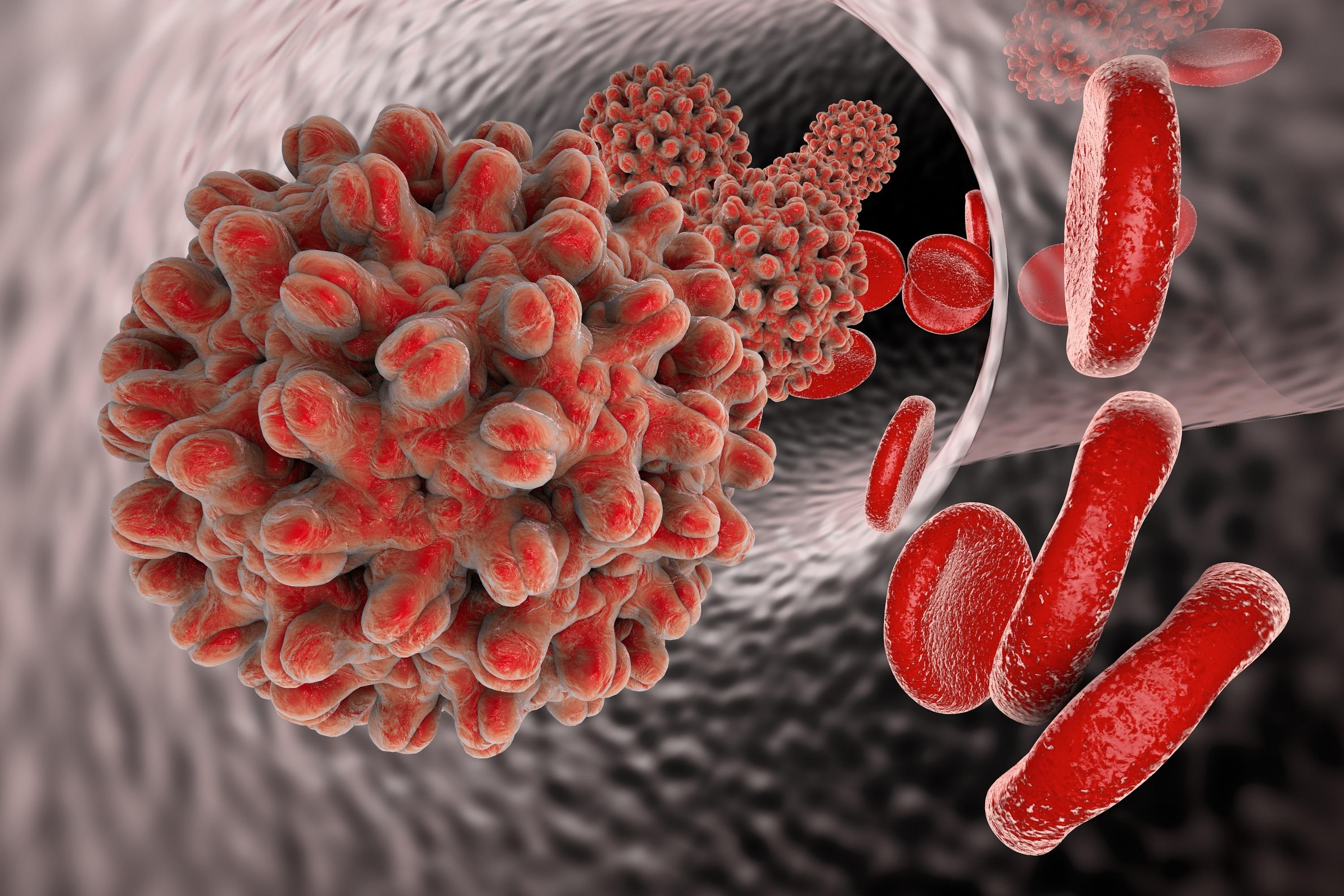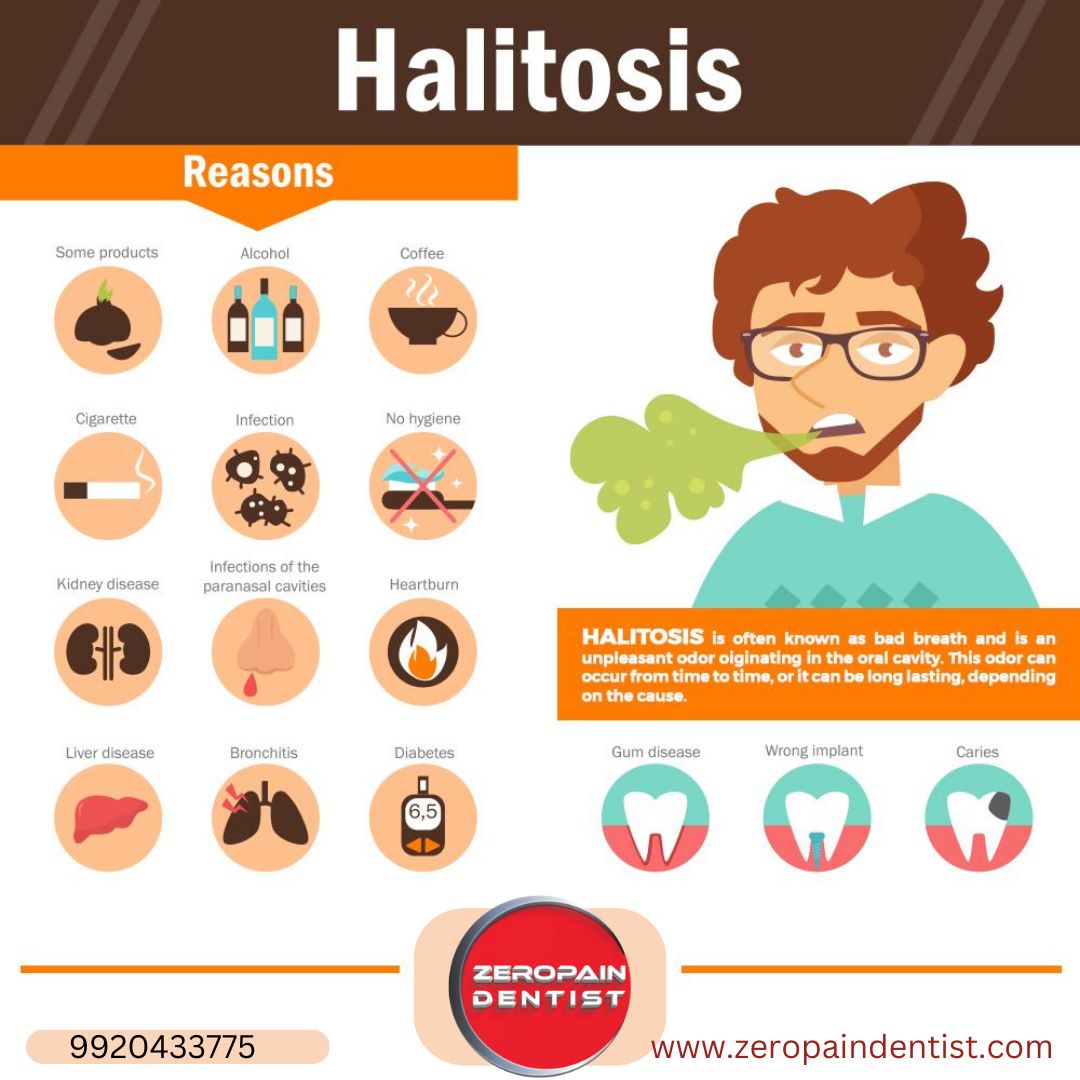
Overview of Hepatitis
Hepatitis is a liver disease characterized by inflammation of the liver. There are different types of hepatitis, including Hepatitis A, Hepatitis B, and Hepatitis C. Each type has its own specific causes, transmission methods, symptoms, and treatment options. Hepatitis can be caused by viral infections, alcohol abuse, certain medications, autoimmune diseases, or exposure to toxic substances. It can be transmitted through contaminated food or water, sexual contact, sharing needles, or mother-to-child during childbirth. Symptoms of hepatitis vary but can include fatigue, jaundice, abdominal pain, and dark urine. Diagnosis is done through blood tests and imaging studies. Treatment options depend on the type and severity of hepatitis and may include antiviral medications, lifestyle changes, and supportive care.
Types of Hepatitis

There are several types of hepatitis, each with its own causes and symptoms. Hepatitis A is typically transmitted through contaminated food or water, and symptoms may include nausea, fatigue, and jaundice. Hepatitis B is mainly spread through contact with infected blood or bodily fluids, and can lead to long-term liver damage. Symptoms of hepatitis B can range from mild to severe, and may include abdominal pain, dark urine, and fever. Hepatitis C is primarily spread through contaminated blood, often through sharing needles or receiving blood transfusions. Symptoms of hepatitis C can be mild or absent, but the infection can lead to chronic liver disease if left untreated. Testing and diagnosis is essential for all types of hepatitis in order to determine the appropriate treatment options.
Causes and Transmission
Hepatitis is a viral infection that affects the liver. It can be caused by a variety of factors and is commonly transmitted through contaminated food or water, unsafe sex, or sharing needles. Hepatitis can also be spread from mother to child during childbirth. The virus attacks the liver and can cause inflammation, leading to symptoms such as jaundice, fatigue, and abdominal pain. Diagnosis is usually made through blood tests to detect the presence of specific antibodies or genetic material of the virus. Treatment options vary depending on the type of hepatitis, but can include antiviral medications or supportive care to manage symptoms and prevent further liver damage. Taking preventive measures, such as practicing safe sex, avoiding sharing needles, and getting vaccinated, can significantly reduce the risk of contracting hepatitis.
Symptoms and Diagnosis
Symptoms of hepatitis can vary depending on the type of infection and the stage of the disease. Common symptoms include fatigue, loss of appetite, nausea, vomiting, abdominal pain, and jaundice. Some individuals may also experience dark urine and pale stools. In acute cases, symptoms may appear suddenly and be severe, while in chronic cases, symptoms may be mild or even absent. Diagnosing hepatitis involves a series of tests, including blood tests to check for the presence of specific antibodies and liver function tests to assess liver damage. In some cases, imaging tests such as ultrasound or a liver biopsy may be recommended to further evaluate the extent of liver damage. Early detection and diagnosis are crucial for effective treatment and management of hepatitis.
Treatment Options
Various treatment options are available for hepatitis, depending on the type and severity of the infection. In some cases, antiviral medications may be prescribed to help suppress the virus and prevent further liver damage. These medications work by targeting the specific virus causing the infection and reducing its ability to replicate. Additionally, lifestyle changes such as avoiding alcohol and maintaining a healthy diet can aid in the treatment process. In more severe cases, liver transplantation may be necessary. It is important for individuals with hepatitis to work closely with their healthcare provider to determine the most appropriate treatment plan for their specific situation.


